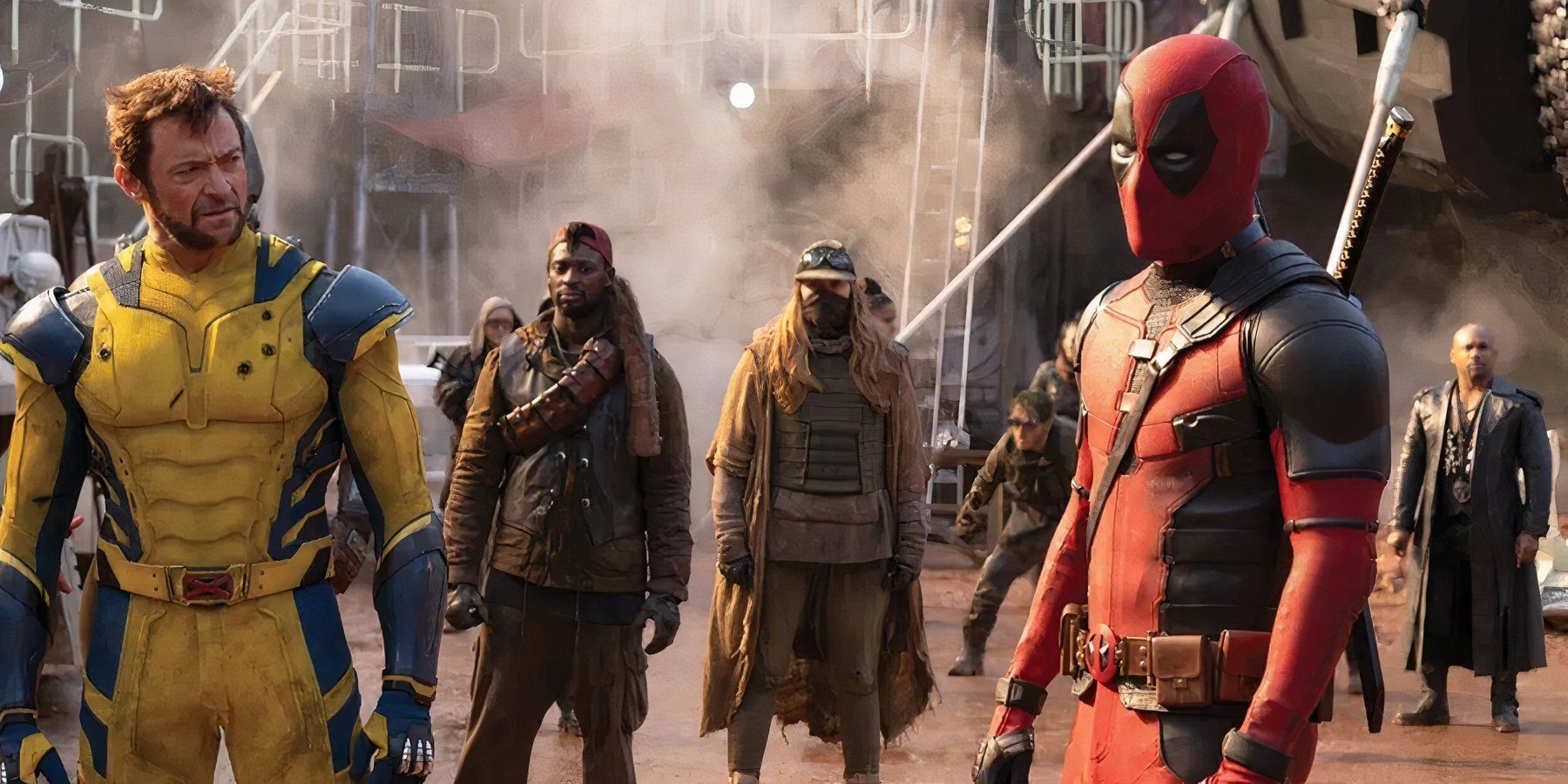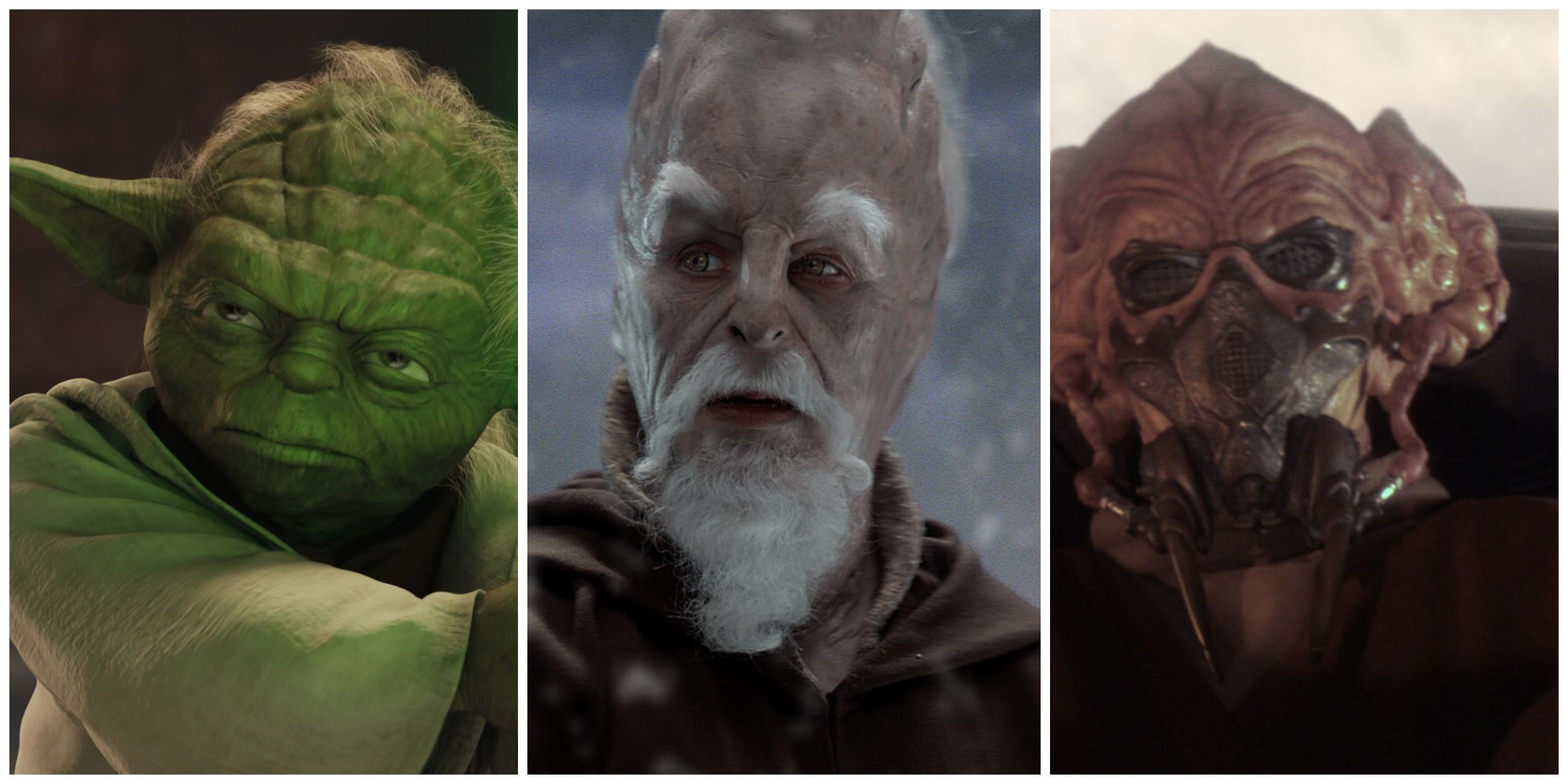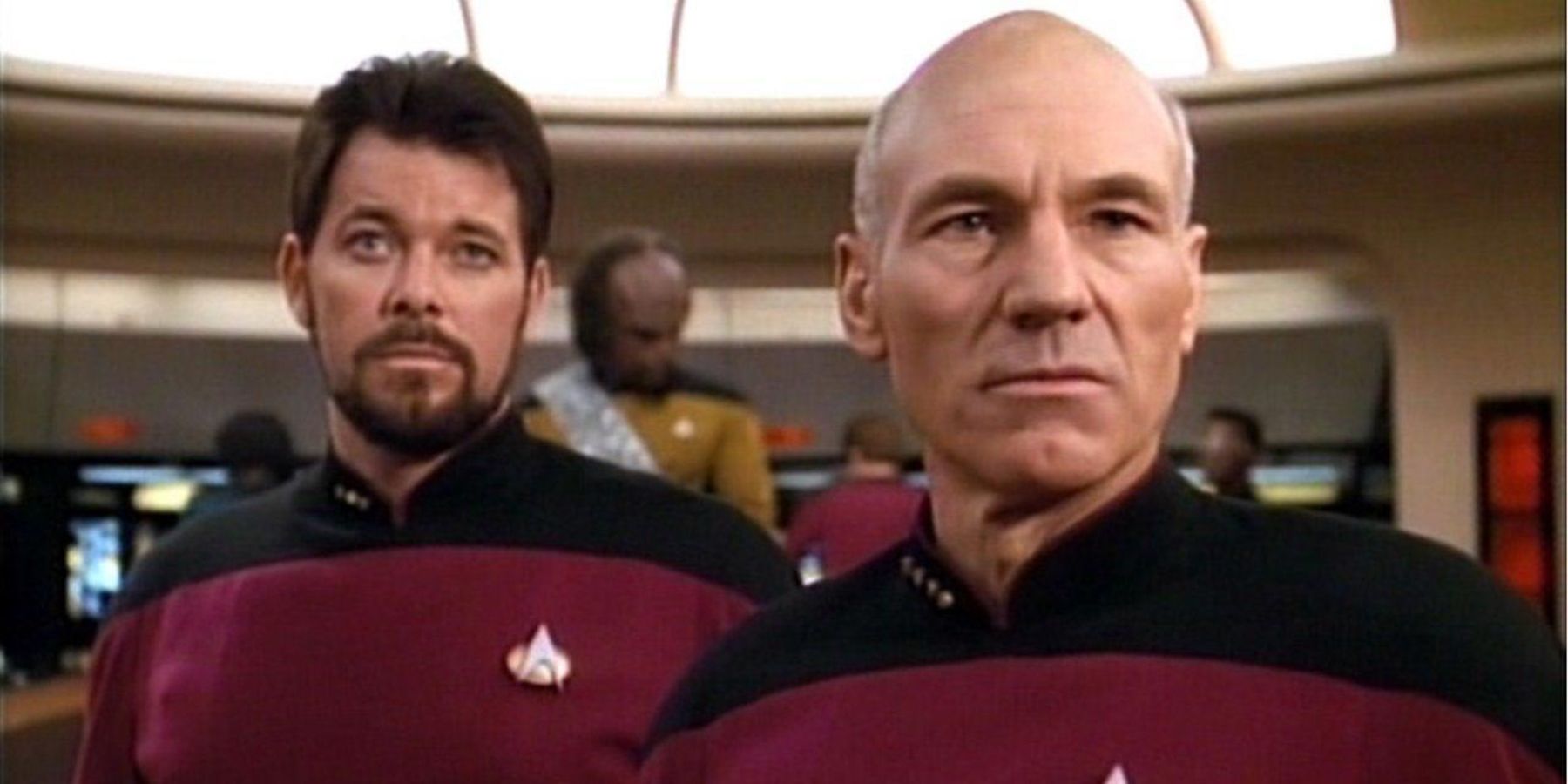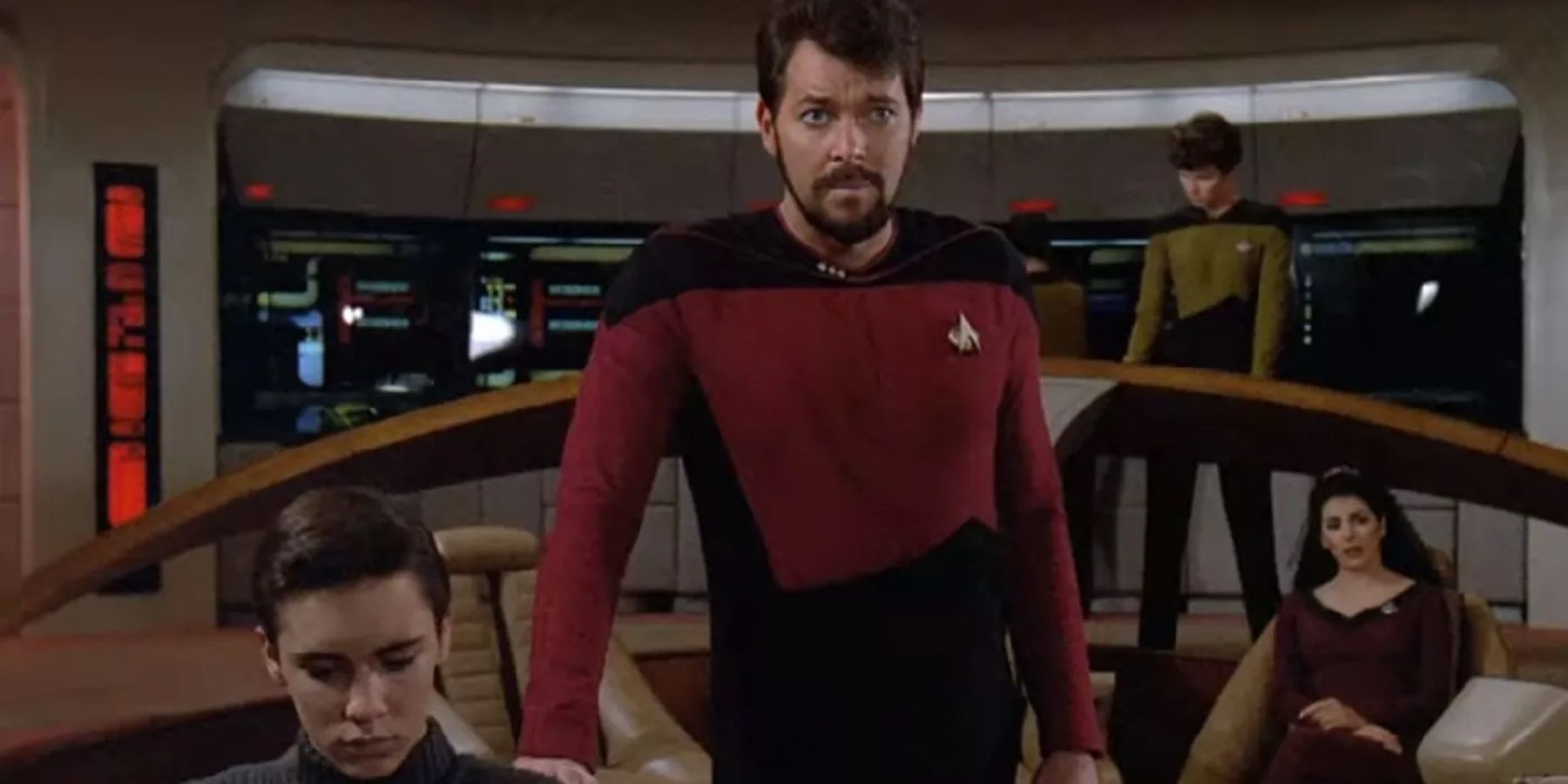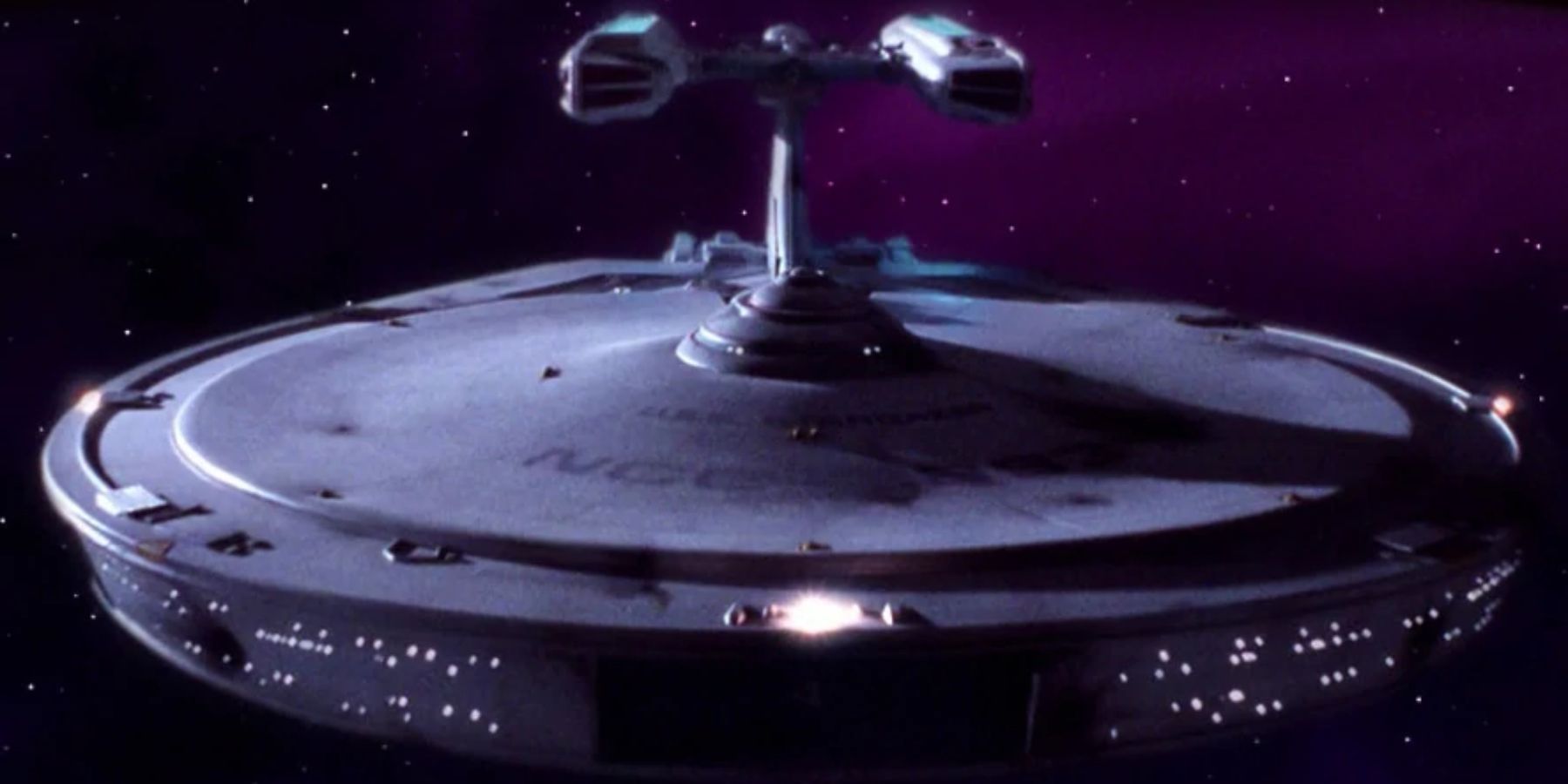Within the ever expanding universe of Star Trek, there is a plethora of beautifully crafted technologies (some even feasible today), multilayered characters, and a vast expanse of alien races and planets. With each new show comes a whole new roster of protagonists, and the relationships that tie them all together into one homogenous crew. Sometimes these relationships have friction, due to vastly different backgrounds or personalities, such as between Captain Kirk and Spock at the start of The Original Series, but sometimes these turbulent couplings between people seemingly comes out of nowhere, then disappears like it never happened.
One such example is between Captain Jean Luc Picard and his first officer William Riker. In the first episode of The Next Generation Picard is uncharacteristically rude towards the poor man, unprovoked and unjust — so why did this happen, and why was it smoothed over so quickly? There are two possible reasons, one stemming from modern day military parallels, and the other coming from a place of wounded pride.
Tackling the military parallel first, it is fairly common for a new commanding officer to be iron-fisted their subordinates, at least at first. Many with experience with the military during the late 1980s (when the show was produced and released) report that this was fairly common. The first reaction to a new strict and foreboding commanding officer was often "Better not mess with them, they don't mess around." It was about demanding respect straight away, and commanding authority right from the beginning. But after these first impressions faded away, things would relax somewhat, and the commander's true nature would shine through.
This is exactly what happened with Picard. He started out as a tough and grueling captain who demanded respect right from the moment he stepped onto the bridge, but his character developed into an emotional man with genuine warmth in his heart, a fatherly figure who cared deeply about those around him. It’s also a fairly common modern-day military tactic for commanders to use this harsh introduction to test those around them, whipping them into action right away not only to see how they manage under controllable pressure, but also to give them a chance to show off and shine. This is potentially what Picard was doing with Riker. In a later episode, “The Pegasus,” he tells Riker that he always “wanted someone who would stand up to [him],” something Riker does right from the get go. Riker showed Picard cared more for the safety of the ship and crew than his record, affirming to Picard that this man was fit to be his first officer.
While all this seems to ring fairly true when examining Picard's behavior against contemporary military norms, it’s important to remember that Star Trek is set far into the future. The whole point of Gene Roddenberry’s vision was a utopian exploration of what humanity can achieve. Issues of diversity and disability are no longer issues, monetary greed has been eradicated, and world hunger and poverty are things of the past. It only stands to reason that such stereotypical "macho" fear-mongering to demand respect from those under one's command should also be a thing of the past. This is why, while this is a fairly reasonable reading of Picard's actions, it’s not the most likely. Instead, it may be something to do with the Captains own psychology — specifically that the man was bitter.
Some fans are quick to say that this stern, brash, controlling personality was who Picard initially was, and that his character changed as he got to know his crew, changing him for the better. The problem is that this suggests he was always this way by nature and not by circumstance. This was not always the case, and when examining the timeline of events that took place before TNG, it is possible to see why Picard's first appearance aboard the Enterprise was so harsh.
Picard's prior command was aboard the USS Stargazer, a constellation class ship where he was lieutenant commander. He was aboard this ship for 22 years, and was incredibly proud of his service there, but it all ended with disappointment during the battle of Maxia in 2354. It was here that Picard showed his trusting nature, and lowered his shields to show non-aggression towards a problematically portrayed Ferengi ship, only to get fired upon and destroyed. The consequence of these actions was an extremely harsh and unjust court-martial by Phillipa Louvois, who used the whole thing to "put Picard in his place" for personal reasons. She later resigned after allegations that her discipline was overzealous and a breach of professional ethics, but at this point the damage to Picard was already done.
This all happened nine years prior Picard taking the captain's seat aboard the iconic USS Enterprise D, and even though this was the flagship of the Federation at the time, it was still a step down from where he would have been if his career had not his such a large brick wall. The Stargazer was a predominately military ship, and Picard was a fairly military man. To be given command of a ship predominantly for exploration, with families and children on board, might have felt he was being given a token ship as a way of apology for the career set back Starfleet had forced upon him. Picard was dragged through the mud over one small mistake after 22 years of immaculate service about the Stargazer, and countless other years in Starfleet.
This explained Picard's actions in general, but for Riker specifically, he probably saw him as a young and exuberant officer reminiscent of what he was before getting beaten down and betrayed by the system. This all faded quickly, however, once Picard realized what a gift it was to be given command of the Enterprise. Rather than a slow floating playground that he was the child-minder for, they went on to have real adventures, boldly going where no one has gone before.


